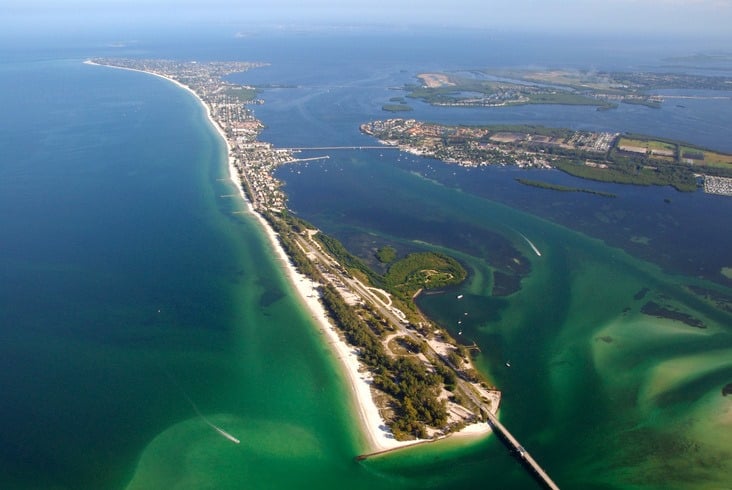As we prepare our hearts to celebrate Easter, we pause this Sunday to hear the story of the Passion of our Lord. As much as we would all love to rush ahead and shout the glory of the Resurrection, it would be diminished in meaning if we did not recall all that led Jesus to that point. And so, we step back from the celebration we long for so we can understand what we celebrate. The suffering and death of Jesus is what shows us how great God’s love for us is. God was willing to become one of us, experience all the trials of human life, suffer and die as we all do.
Join us at church as we hear from the Gospel of Mark the story of God’s live for us shown in the suffering and death of Jesus. Prepare to be ready to celebrate God’s victory over death on Easter.
Pastor Bill

